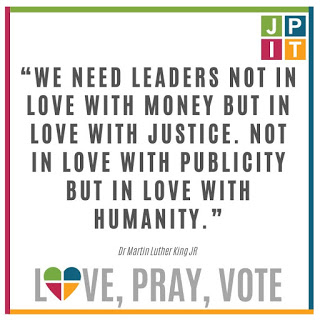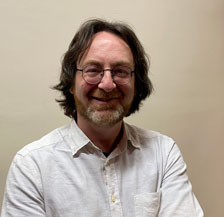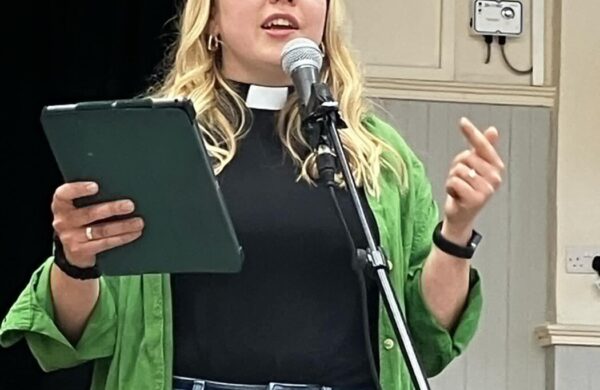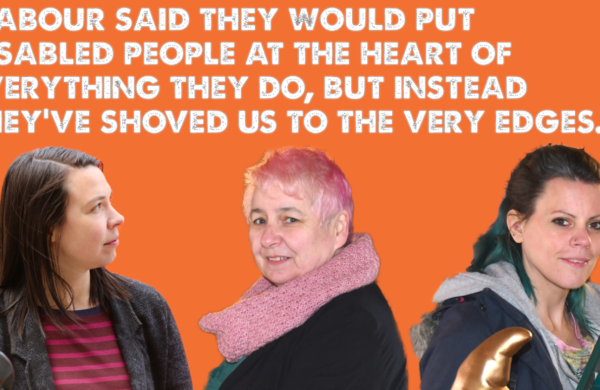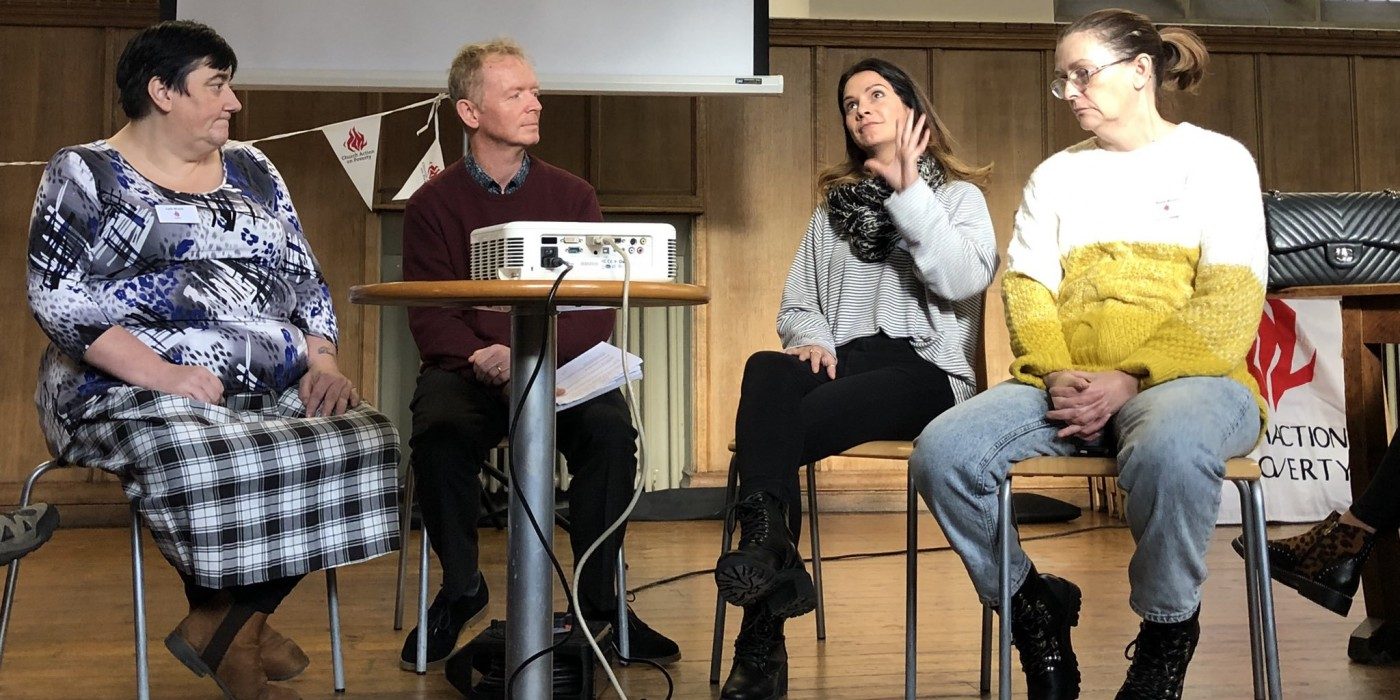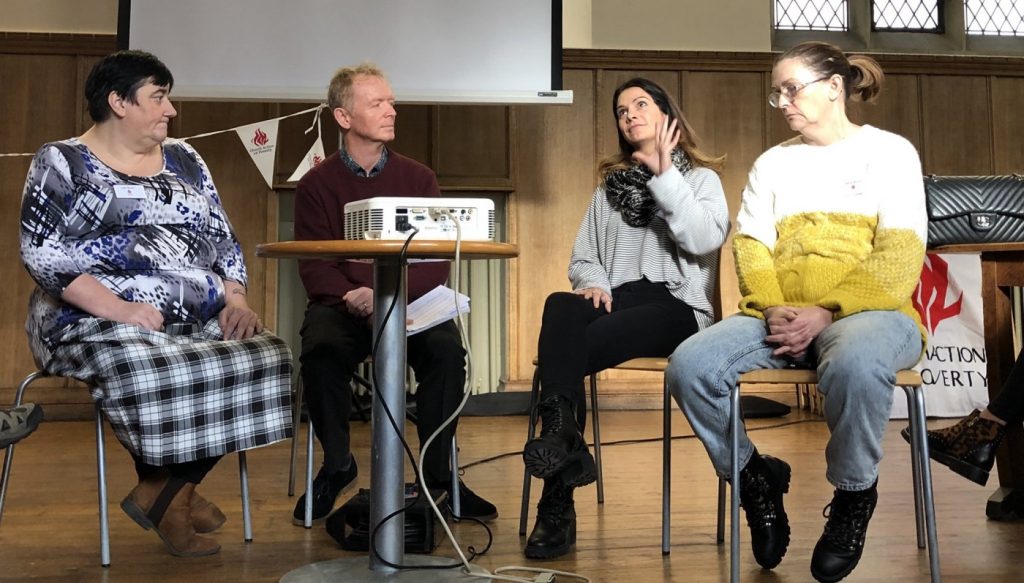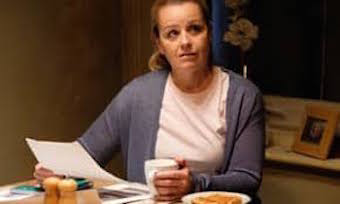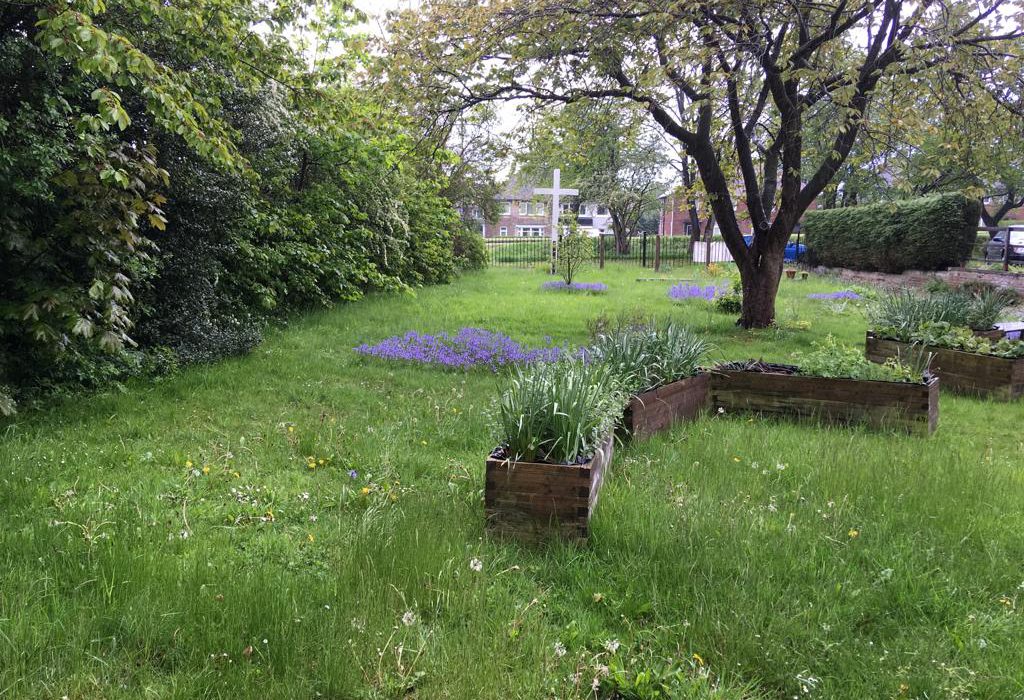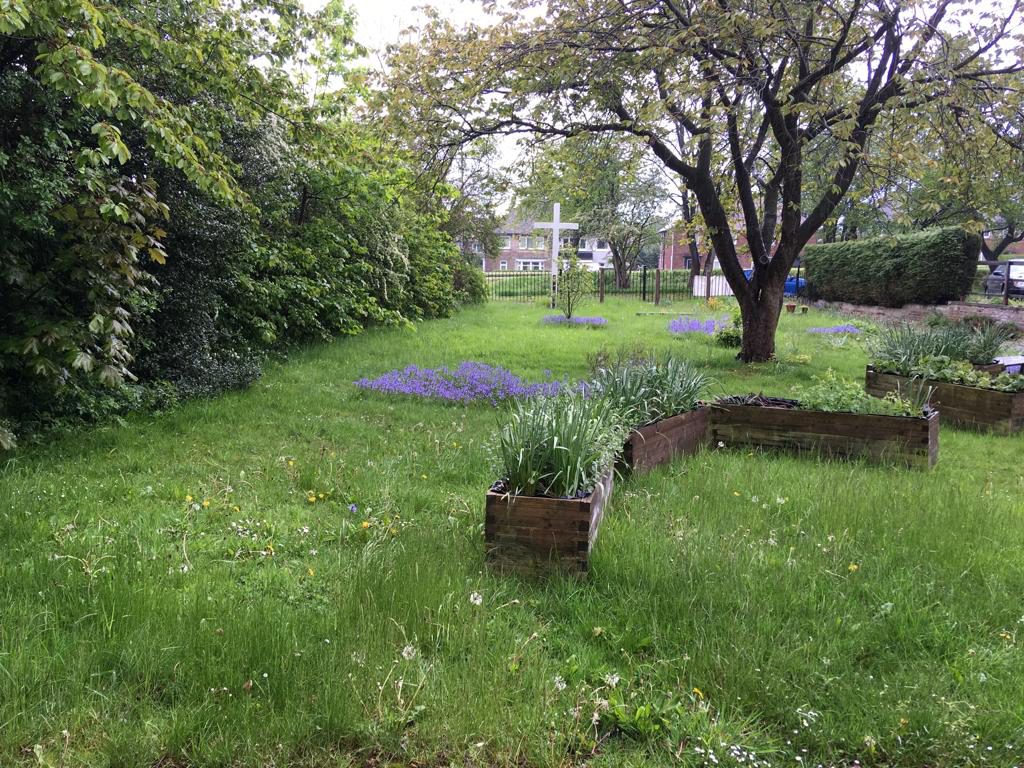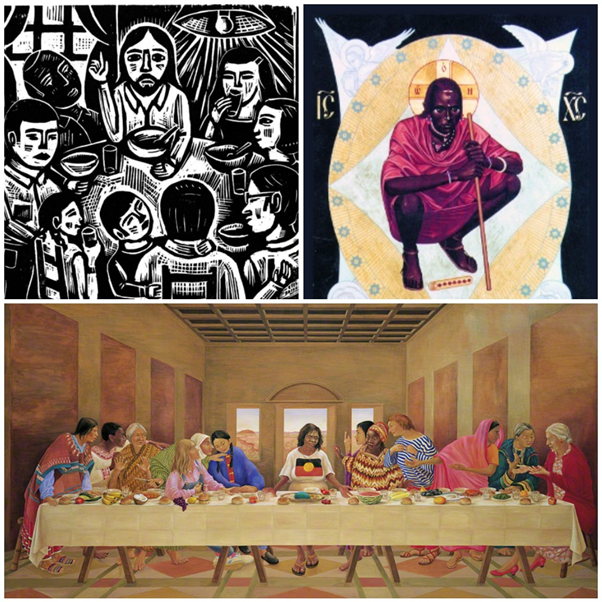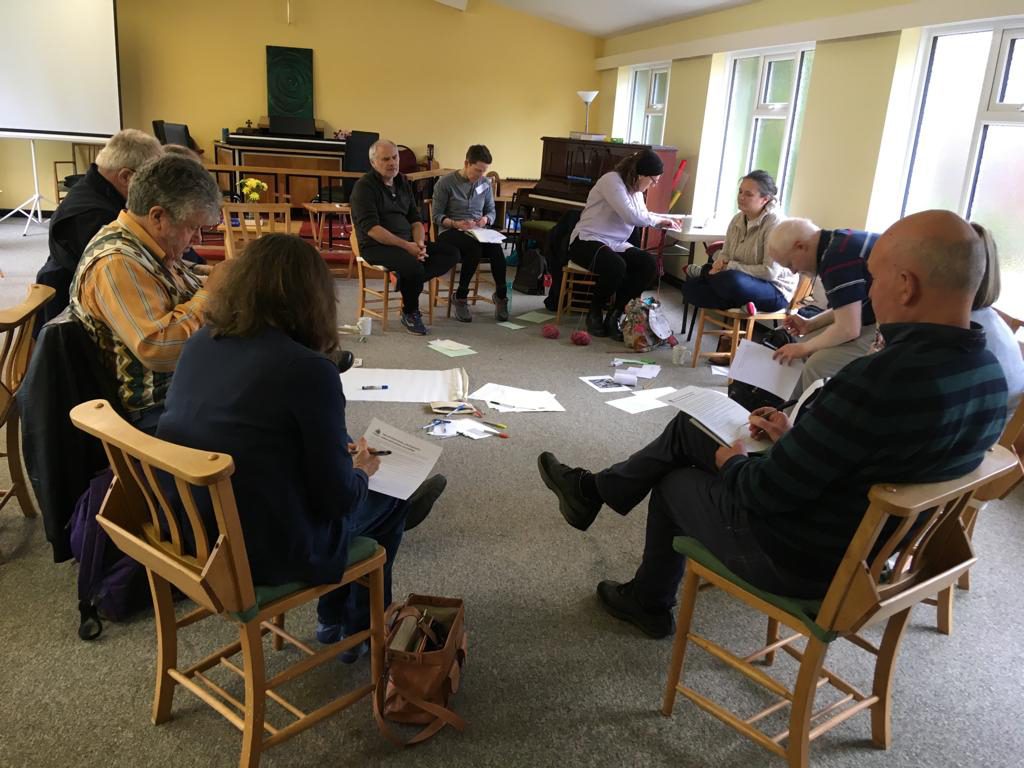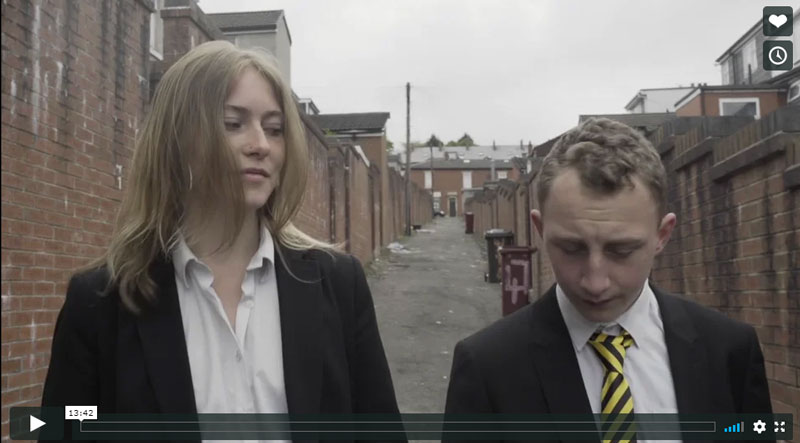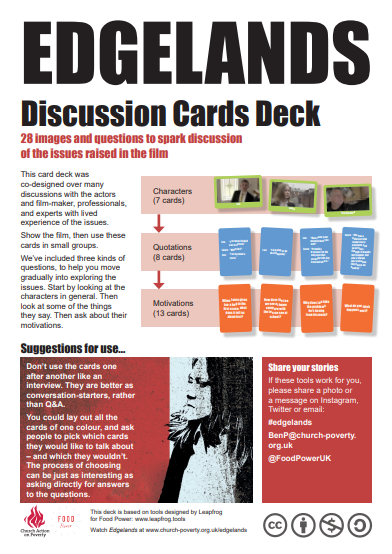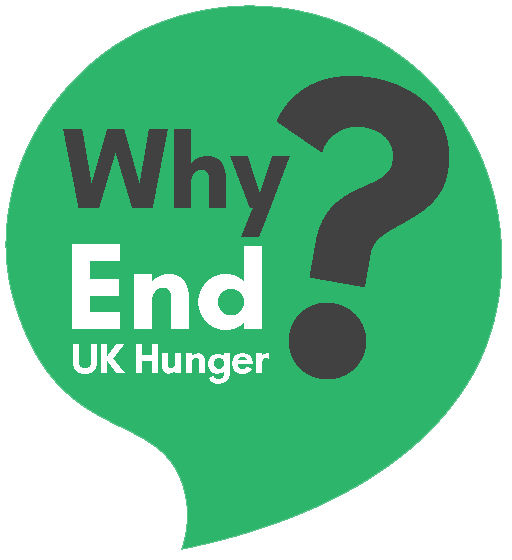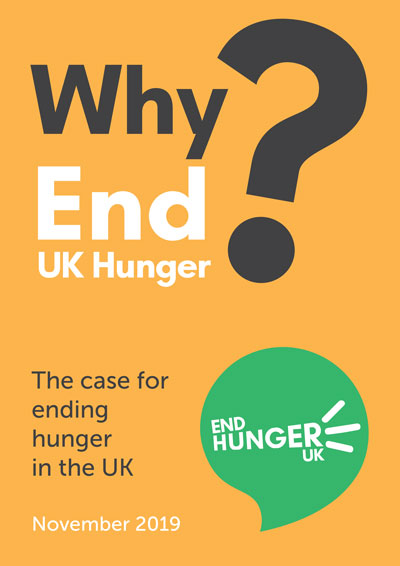An open letter to Churches Together in Britain and Ireland, from Church Action on Poverty supporter Liz Delafield.
Cast your mind back to 2015. Churches together in Britain and Ireland had asked churches to discuss with their local communities the question ‘What makes a good society?’ From these discussions they produced the 2020 vision. The expectation that the churches, other religious bodies and community organisations would work together with our elected representatives to build a good society in which all could thrive. It was where we aspired to be by the year 2020.
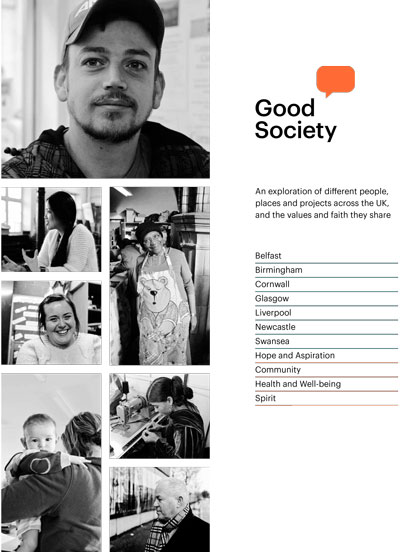
This is what it said:
- All citizens have access to enough income to enable them to live with dignity, either through paid work or through a properly functioning welfare safety net.
- Reasonably priced homes where people can flourish are available for everyone who needs them and there is a reliable safety net for all homeless people.
- All children and young people are enabled to live fulfilling flourishing lives, their contributions are valued, and they are enabled to grow and achieve their potential.
- An economy that is in service to every person irrespective of their wealth or the market value of their labour; including robust action to clamp down on tax dodging.
- UK greenhouse gas emissions are falling rapidly, and the Government has helped to secure a global climate deal that limits global temperature rises to 2 degrees.
This was not meant to be an exhaustive list. For example, the local conversation that I was involved in wanted to add ‘There is a thriving NHS which meets the needs of all.’
So with only just over a month until 2020, and another general election looming, this seems a good time to take stock. How did we do?
Quite simply, we failed. We did not build a good society – or even make steps towards it. If anything, we have moved further from our vision.
The implementation of Universal Credit and PIP assessment has led to greater hardship for many vulnerable people. An increasing number of people rely on food banks to get by. Homelessness is still evident in our communities. Most school budgets have been cut in real terms, reducing children’s and young people’s’ opportunities to thrive and achieve their potential. Cuts in local government have made youth services almost non existent in some areas. Young people’s mental health is an increasing concern. Tax dodging is still prevalent. As extinction rebellion campaigners remind us, the climate is in crisis and we have been far too slow to respond.
We failed – big time.
So what did we do with our vision? Did we hold it up as a beacon? Did we shout from our pulpits and to our communities “Look, this what we said. What are we doing about it?” No, we didn’t. We filed it away as yesterday’s news, a sound bite for the 2015 election.
Building the Good Society, or what Christians call the Kingdom of God, is not a short-term project. Neither is it only for politicians. It is a long term task that involves us all.
The General Election will take place during Advent. This is traditionally a time of waiting and preparation. But what are we waiting for? Not for a political leader, but for a vulnerable refugee child. A child who reminds us that leadership is about love and service. This is the way to a good society.
Let us remain faithful to our vision. No matter what happens in the election, let’s keep holding our politicians and churches to account. None of the people standing in this election is our saviour. We simply need to decide who would best love and serve with us as we strive towards a good society. The road is long, and sometimes difficult, but as the advent and Christmas stories reminded us, Christ walks with us.
This post first appeared on Liz Delafield’s blog.

